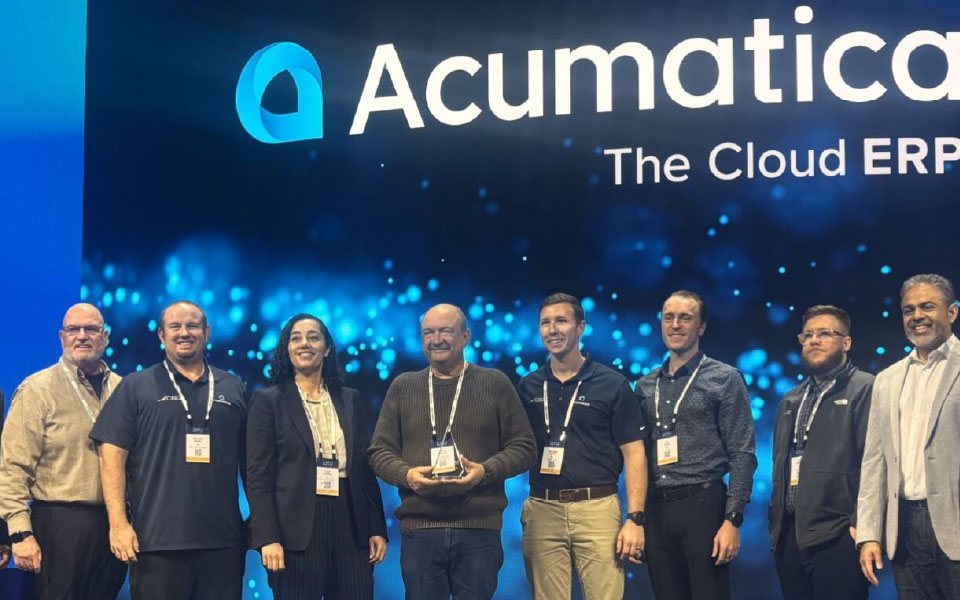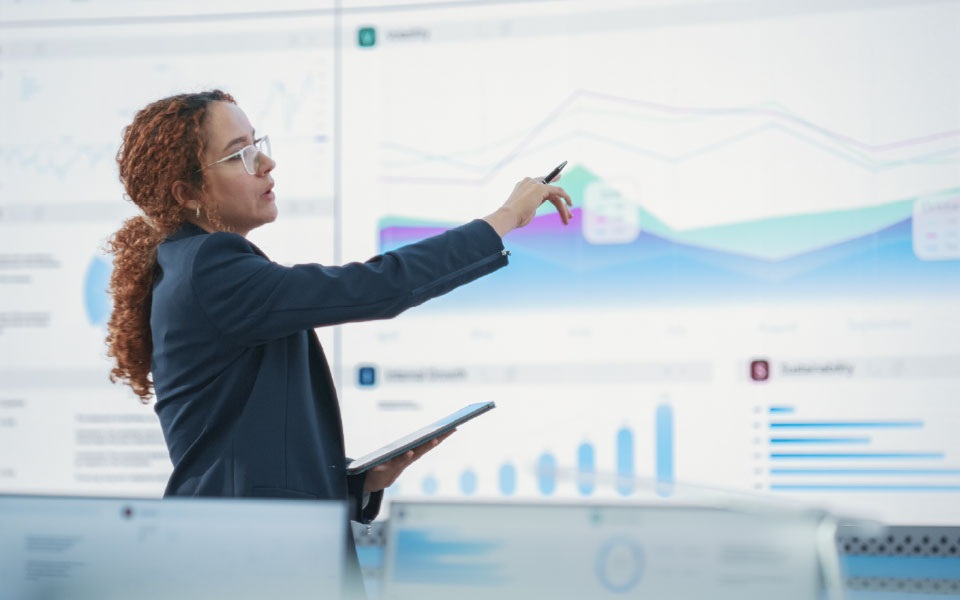In today’s fast-paced business world, sales and use tax compliance is more complex and resource-intensive than ever before. The rise of e-commerce, shifting regulations, and multijurisdictional requirements demand greater accuracy, speed, and adaptability to remain competitive. Forward-thinking organizations are turning to automation and artificial intelligence (AI) to address these challenges and create strategic advantages in tax management.
Complexity Meets Opportunity
The regulatory landscape for sales and use tax is dynamic. Businesses that operate across state and local boundaries face unique challenges, such as varying tax rates, changing exemptions, and frequent legislative updates. Manual processes (including those reliant on spreadsheets and periodic reconciliations) struggle to keep pace and can lead to errors, missed filings, and costly penalties. Automation offers a way to simplify these processes, minimize human error, and enhance compliance.
Automation: The New Standard
Automated sales and use tax solutions are becoming the norm. Platforms integrated with enterprise resource planning (ERP) and accounting systems can automatically calculate, record, and report tax liabilities across jurisdictions. The benefits are tangible:
- Accuracy: Automated systems reduce calculation errors, helping to ensure compliance with ever-changing regulations.
- Efficiency: Routine tasks such as data entry and filing are streamlined, saving time and freeing up staff for higher-value activities.
- Timeliness: Automation enables real-time reporting and quicker responses to audits or queries.
CBIZ’s Sales & Use Tax Automation services combine advanced software with the deep knowledge of state and local tax professionals. This partnership delivers reliable compliance at scale, tailored to the unique footprint of each organization.
Artificial Intelligence: The Next Evolution
While automation addresses routine tasks, artificial intelligence is poised to revolutionize how businesses approach tax compliance:
- Machine Learning for Data Validation: AI algorithms can identify anomalies, flag suspicious transactions, and reduce audit risk by training on historical tax data.
- Predictive Analytics: AI tools analyze patterns and predict future liabilities, helping organizations forecast cash flow and make informed decisions.
- Intelligent Document Processing: Natural language processing enables AI to review tax documents and extract relevant information for compliance, which can drastically reduce manual review times.
By adopting AI-driven tax tools, organizations gain proactive insights, identify opportunities for savings, and help ensure compliance with less effort.
Trends Shaping the Future of AI in Sales and Use Tax
Several trends are driving the adoption of automation and AI in sales and use tax:
- End-to-End Workflow Integration: Seamless connectivity between tax automation platforms and core business systems enables one-click reporting, audit trails, and unified dashboards.
- Cloud-Based Solutions: Cloud technology provides scalable access, data security, and automatic updates in line with regulatory changes.
- Strategic Partnerships: Collaborating with experienced advisors like CBIZ ensures that technology adoption is aligned with compliance needs and business objectives.
Preparing for the Next Chapter
Businesses looking to future-proof their tax processes should begin by assessing current workflows, identifying automation opportunities, and building internal expertise in tax technology. Partnering with tax and advisory firms like CBIZ allows organizations to leverage best-in-class solutions and ongoing advisory support, turning compliance into an engine for growth rather than just a cost of doing business.
Conclusion
Automation and artificial intelligence are transforming the world of sales and use tax, enabling organizations to reduce risk, improve accuracy, and seize new opportunities. By embracing these technologies—and working with trusted advisors—businesses can stay ahead of the curve, turning compliance from a challenge into a competitive advantage.
If you have any questions about the adoption of automation technology, contact the CBIZ Technology team today.
© Copyright CBIZ, Inc. All rights reserved. Use of the material contained herein without the express written consent of the firms is prohibited by law. This publication is distributed with the understanding that CBIZ is not rendering legal, accounting or other professional advice. The reader is advised to contact a tax professional prior to taking any action based upon this information. CBIZ assumes no liability whatsoever in connection with the use of this information and assumes no obligation to inform the reader of any changes in tax laws or other factors that could affect the information contained herein. Material contained in this publication is informational and promotional in nature and not intended to be specific financial, tax or consulting advice. Readers are advised to seek professional consultation regarding circumstances affecting their organization.
“CBIZ” is the brand name under which CBIZ CPAs P.C. and CBIZ, Inc. and its subsidiaries, including CBIZ Advisors, LLC, provide professional services. CBIZ CPAs P.C. and CBIZ, Inc. (and its subsidiaries) practice as an alternative practice structure in accordance with the AICPA Code of Professional Conduct and applicable law, regulations, and professional standards. CBIZ CPAs P.C. is a licensed independent CPA firm that provides attest services to its clients. CBIZ, Inc. and its subsidiary entities provide tax, advisory, and consulting services to their clients. CBIZ, Inc. and its subsidiary entities are not licensed CPA firms and, therefore, cannot provide attest services.















